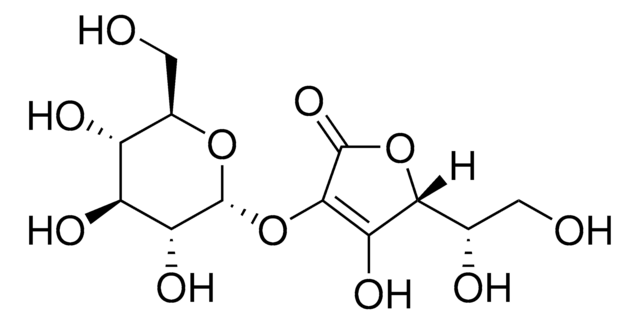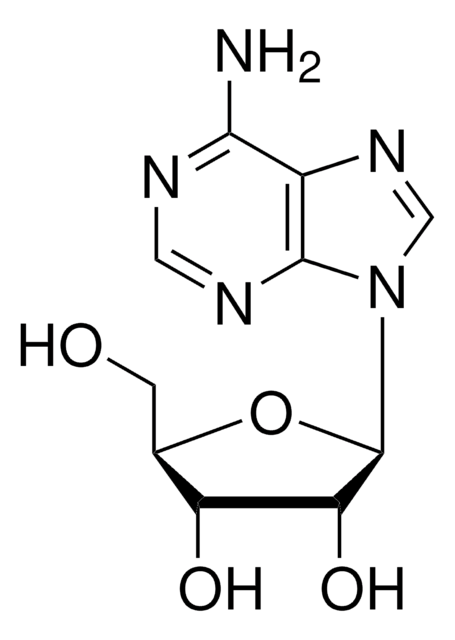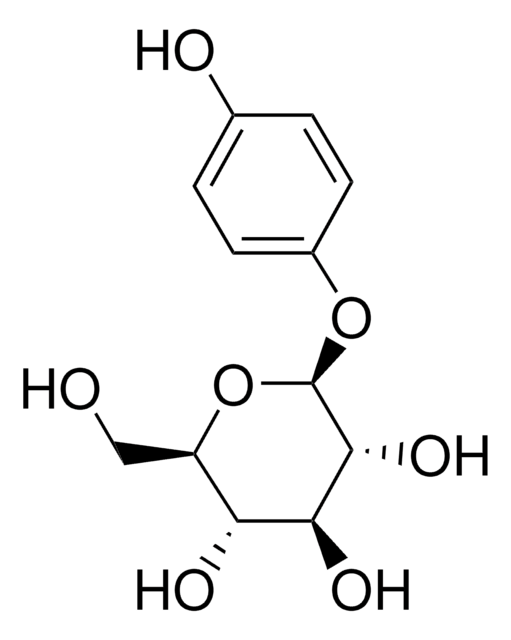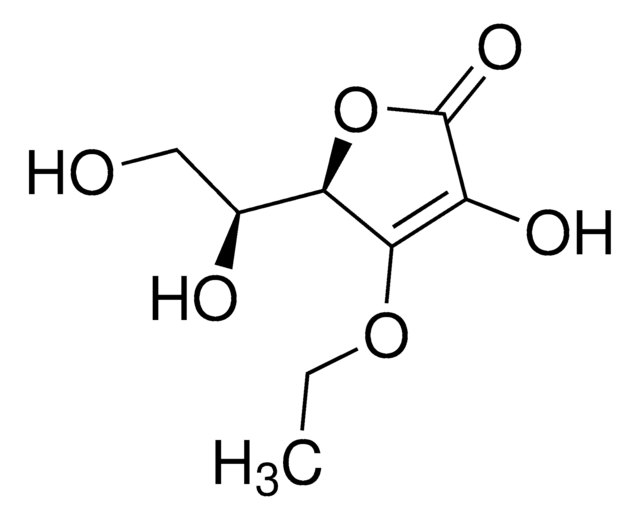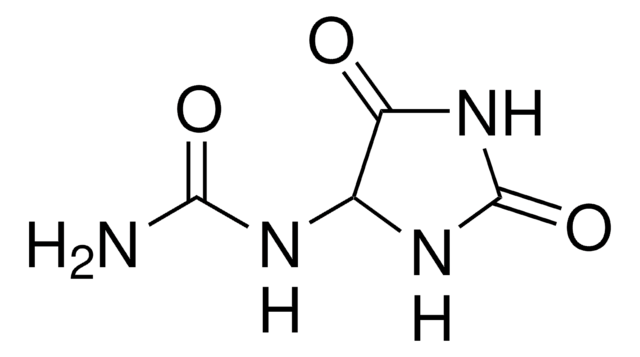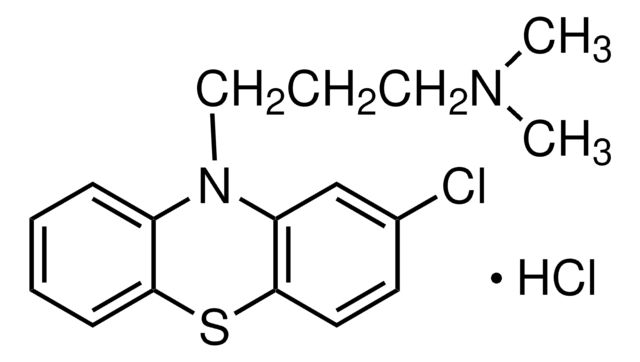SMB00390
2-O-a-D-Glucopyranosyl-L-ascorbic Acid
≥98% (HPLC)
Synonym(s):
Ascorbyl Glucoside, Ascorbic acid 2-glucoside
About This Item
Recommended Products
Quality Level
Assay
≥98% (HPLC)
form
powder
technique(s)
HPLC: suitable
tissue processing: suitable
color
white to off-white
mp
158-163 °C
storage temp.
2-8°C
SMILES string
OC([C@]([C@@H](O)CO)([H])O1)=C(C1=O)O[C@H]([C@@H]([C@@H](O)[C@@H]2O)O)O[C@@H]2CO
InChI
1S/C12H18O11/c13-1-3(15)9-8(19)10(11(20)22-9)23-12-7(18)6(17)5(16)4(2-14)21-12/h3-7,9,12-19H,1-2H2/t3-,4+,5+,6-,7+,9+,12+/m0/s1
InChI key
MLSJBGYKDYSOAE-DCWMUDTNSA-N
Looking for similar products? Visit Product Comparison Guide
General description
Application
Biochem/physiol Actions
Storage Class Code
11 - Combustible Solids
WGK
WGK 3
Flash Point(F)
Not applicable
Flash Point(C)
Not applicable
Choose from one of the most recent versions:
Already Own This Product?
Find documentation for the products that you have recently purchased in the Document Library.
Customers Also Viewed
Our team of scientists has experience in all areas of research including Life Science, Material Science, Chemical Synthesis, Chromatography, Analytical and many others.
Contact Technical Service